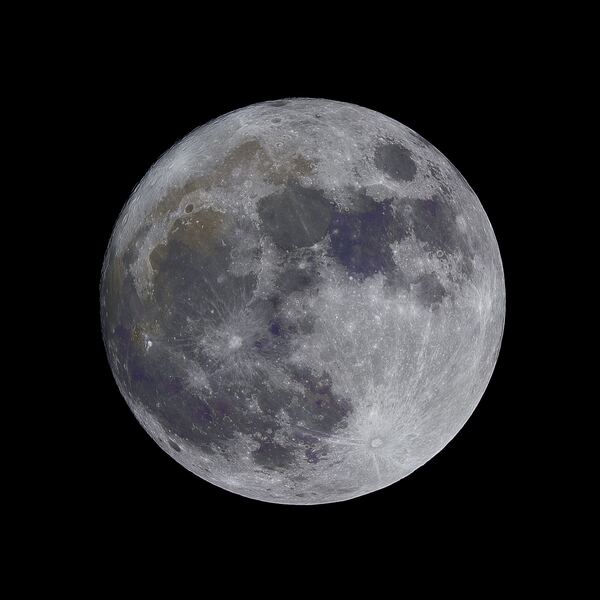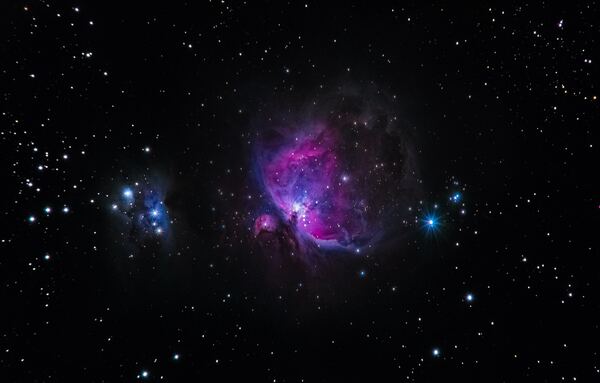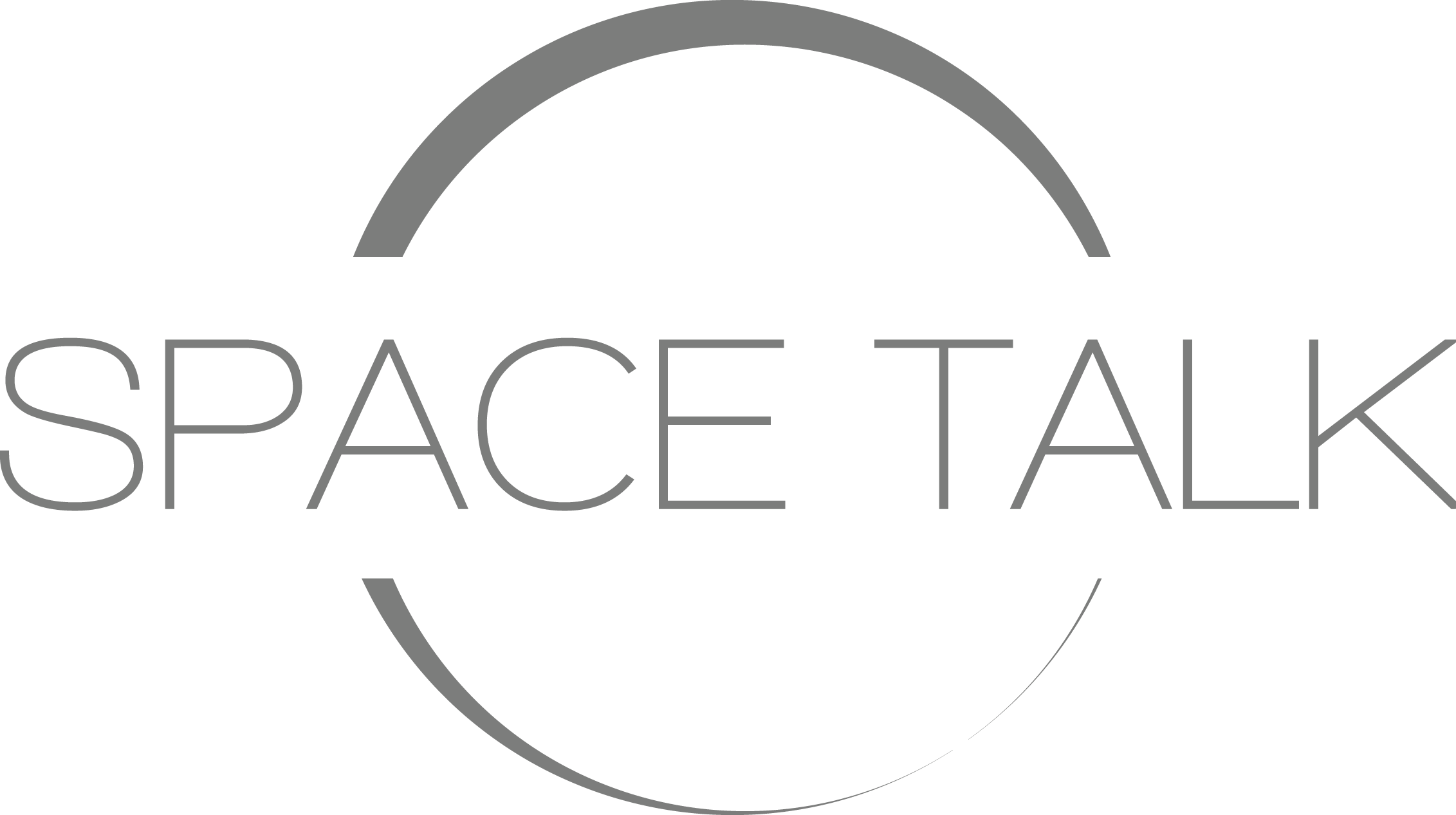This article considers Terraforming the Moon: Potential Benefits and Risks for Future Settlements. We explore this topic as part of our series exploring the role of terraforming in space colonization.

Is terraforming the Moon a good idea?
Terraforming the Moon, or transforming it into a habitable environment for human life, is a complex and controversial topic with many different viewpoints.
On the one hand, some argue that terraforming the Moon could have numerous benefits.
For example, terraforming the Moon could provide a new frontier for human settlement and colonization, potentially alleviating overcrowding and resource depletion on Earth.
It could also serve as a testing ground for terraforming other planets or moons in our solar system, which could be useful in the search for habitable worlds beyond our own.
On the other hand, there are many challenges and risks associated with terraforming the Moon.
For one, the Moon has very little atmosphere, which means that it lacks protection from the harsh radiation and temperature extremes of space.
Additionally, the Moon’s low gravity makes it difficult to retain an atmosphere even if one were created.
The Moon is a unique and valuable scientific resource, and many argue that it should be preserved in its natural state for future generations to study and enjoy.
Whether or not terraforming the Moon is a good idea is a matter of perspective and depends on various factors such as the cost, feasibility, and potential benefits and risks.
As of now, there are no concrete plans to terraform the Moon, and it remains a topic of discussion and debate among scientists, policymakers, and the public.
Potential Benefits of Terraforming the Moon
The benefits are speculative and largely dependent on the success and feasibility of terraforming the Moon, as well as the cost and potential risks associated with the process.

There are several potential benefits of terraforming the Moon, including:
New frontier for human settlement:
Terraforming the Moon could provide a new frontier for human settlement and colonization, potentially alleviating overcrowding and resource depletion on Earth. This could also enable the development of new industries and economic opportunities.
Scientific exploration:
Terraforming the Moon could enable more extensive scientific exploration and research on the Moon, as well as serve as a testing ground for terraforming other planets or moons in our solar system.
Space travel:
The Moon could serve as a waystation or launching point for deeper space travel, including human exploration of Mars or other planets in our solar system.
Resource utilization:
The Moon is rich in certain resources such as helium-3, which could be used for nuclear fusion energy generation. Terraforming the Moon could potentially make these resources more accessible.
Cultural significance:
Terraforming the Moon could have cultural significance as a symbol of human ingenuity and exploration, inspiring future generations to pursue scientific and technological advancements.
What are the benefits of having a space settlement on the Moon?
The potential benefits are largely speculative and dependent on the success and feasibility of establishing a space settlement on the Moon.
As space technology continues to advance, the idea of a space settlement on the Moon is becoming more feasible and could have significant potential benefits in the future.

There are several potential benefits of having a space settlement on the Moon, including:
Scientific research:
The Moon offers a unique environment for scientific research, with its low gravity, lack of atmosphere, and proximity to Earth making it an ideal location for a variety of scientific experiments and observations.
Resource utilization:
The Moon is rich in resources such as helium-3, which could be used for nuclear fusion energy generation. A space settlement on the Moon could allow for the extraction and utilization of these resources.
Space exploration:
A space settlement on the Moon could serve as a launching point for further space exploration, including missions to Mars and beyond.
Economic opportunities:
The development of a space settlement on the Moon could create new economic opportunities and industries, potentially leading to job creation and economic growth.
Disaster relief:
In the event of a natural disaster or other catastrophic event on Earth, a space settlement on the Moon could serve as a refuge for human life and a potential backup plan for the survival of our species.
Risks for Future Settlements on the Moon
The risks are speculative and dependent on the success and feasibility of establishing a settlement on the Moon.
They highlight some of the potential challenges and considerations that would need to be addressed in order to establish a successful and sustainable human settlement on the Moon.
There are several potential risks associated with future settlements on the Moon, including:
Radiation exposure:
The Moon’s lack of atmosphere means that it provides little protection from space radiation, which could pose a health risk for astronauts and potentially limit the length of time that humans could spend on the Moon.
Temperature extremes:
The Moon’s temperature can vary greatly, from extremely hot during the day to extremely cold at night. This could pose challenges for maintaining a stable and comfortable living environment for humans.
Limited resources:
While the Moon has resources such as helium-3 and water ice, they may be limited in quantity and require significant investment to extract and utilize effectively.
Isolation:
A settlement on the Moon would be far from Earth and potentially isolated from other human communities, which could pose psychological challenges for settlers and limit their access to support and resources from Earth.
High cost:
Establishing and maintaining a settlement on the Moon would require significant investment and resources, which could limit its feasibility and sustainability as a long-term project.
Legal and political challenges:
The legal and political framework for governing a space settlement on the Moon is currently unclear, and establishing an effective and equitable governance structure could pose significant challenges.
‘Terraforming the Moon: Potential Benefits and Risks for Future Settlements’ is one important topic in our series exploring the role of terraforming in space colonization.
Read more about these topics by following the links below:
Republished by Blog Post Promoter
